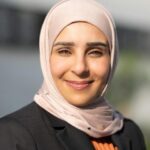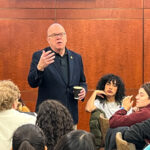By Bali Bock, Owner of Awareness Ranch, Tucson Arizona
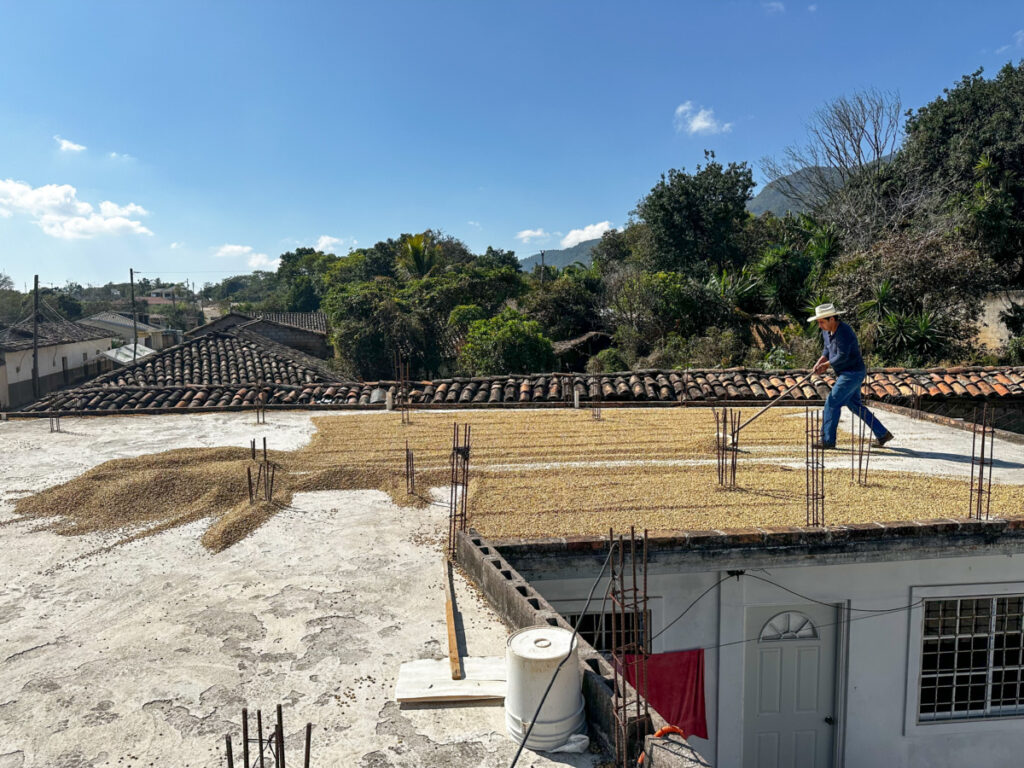
Rolling your sleeves up, putting on your pants one leg at a time, better late than never. These are all common expressions used in the United States, often times having more than one meaning. The expression ‘boots on the ground’, although military in origin, has evolved to represent a sort of universal approach to having an in-person or direct contact of a situation in order to better evaluate, assess or execute an objective. This expression perfectly summed up my time and experience in Honduras which came about thanks to an opportunity provided by ITD and the Professional Fellows Program, funded by the U.S. Department of State’s Bureau of Educational and Cultural Affairs.
My name is Bali Bock and I am one of the owners of Awareness Ranch in Tucson Arizona and a member of the Dry Co-Op. Our organizations started with a mission to connect the local community with resources to develop healthy and sustainable systems for agriculture, education and building. During the summer of 2023 we were given the opportunity to host an amazing Honduran entrepreneur named Yessenia Recarte. My direct interaction with her involved visits to the farm I was living on at the time, while also developing the land into an experiential education center. After exchanging stories and ideas, the collaboration process began work on a plan for Yessenia to incorporate a few sustainable systems back in Honduras that would benefit her family’s coffee farm and bodega business. Little did I realize how well the aforementioned expression would summarize this whole experience for me.
As part of the reciprocal exchange portion of the Professional Fellows Program I had the chance to travel to Honduras recently, and although the trip was short, it was packed full of beneficial experiences. Just the first couple days of travel from the big city airport to the small town of Erandique provided the opportunity to see a vast area of the country, majority of which is used for farming, while also brushing up on my Spanish with Yessenia’s husband Yehring. On the way we picked up supplies in the nearest city for the bodega business and by then I had re-accustomed myself to life outside of the developed western world, remembering how large corporate chain stores and strip malls don’t exist in many developing nations, but instead a vast network of small businesses that are typically family owned. This type of landscape would become a vital part of the conversation of sustainability and fostering healthy economic development as part of this Fellowship program.
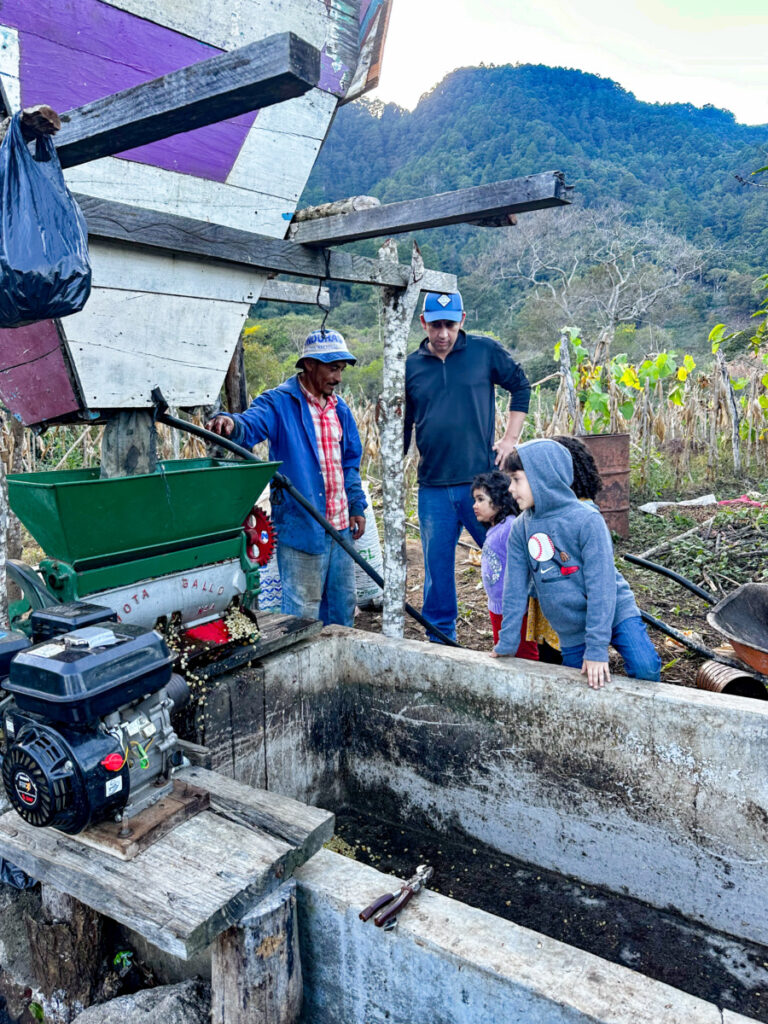
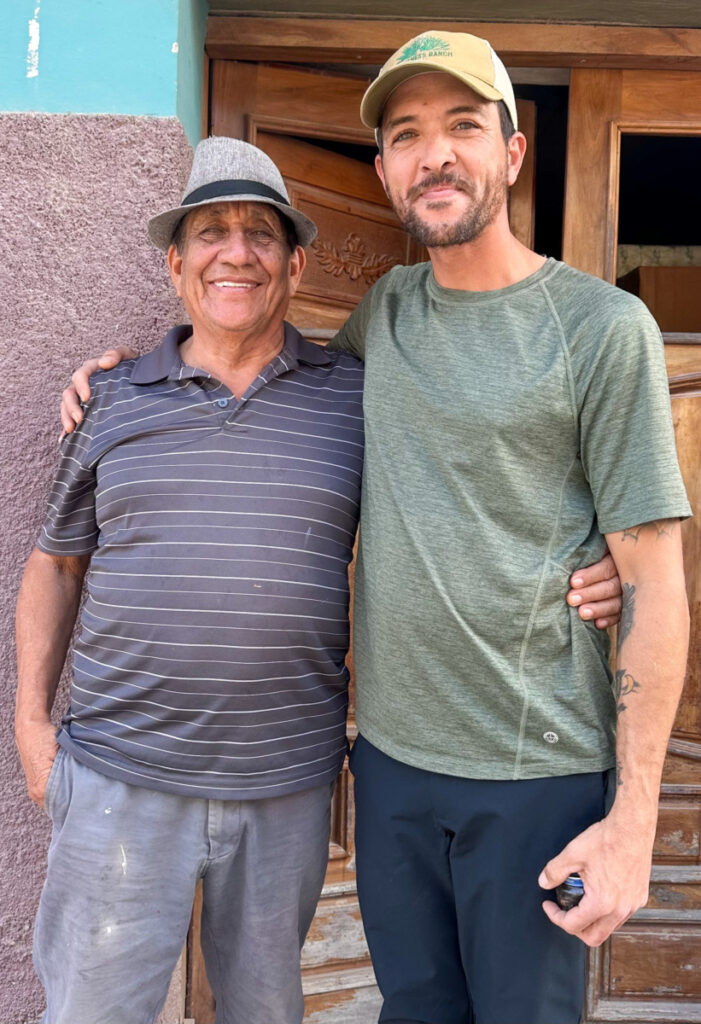
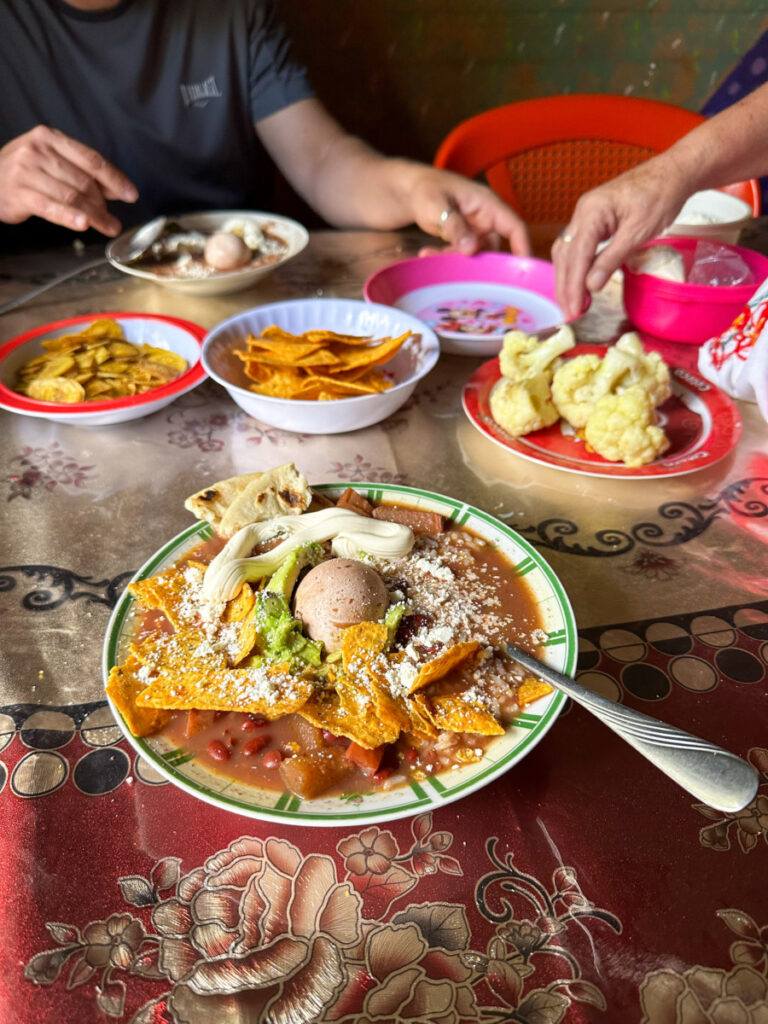
Over the course of a week I had the chance to experience life in a Honduran home and to be immersed in the challenges of owning an agriculture operation and retail business in this country. My host runs their retail bodega business from the family home and they own several lots of land in the area, some for agriculture, and some for conservation. While in their home I was served incredible meals and spent time with the extended family visiting with their children. I got to see childcare in the home shared with three different generations under the same roof and with common needs and goals. The time I spent on the coffee farm, learning about the process, helping with harvests and engaging with the community that works with the family, all helped me accurately re-evaluate a plan created long before my arrival. Plans for livestock to be incorporated were adjusted to meet logistics concerns, composting designs were scaled to a level of reasonable execution and research was done to solve long-term water issues in a more holistic approach. But through all of this the biggest impression I was left with is that a lack of direct contact experience combined with assumptions, can lead any well-designed plans to be ineffective in execution.
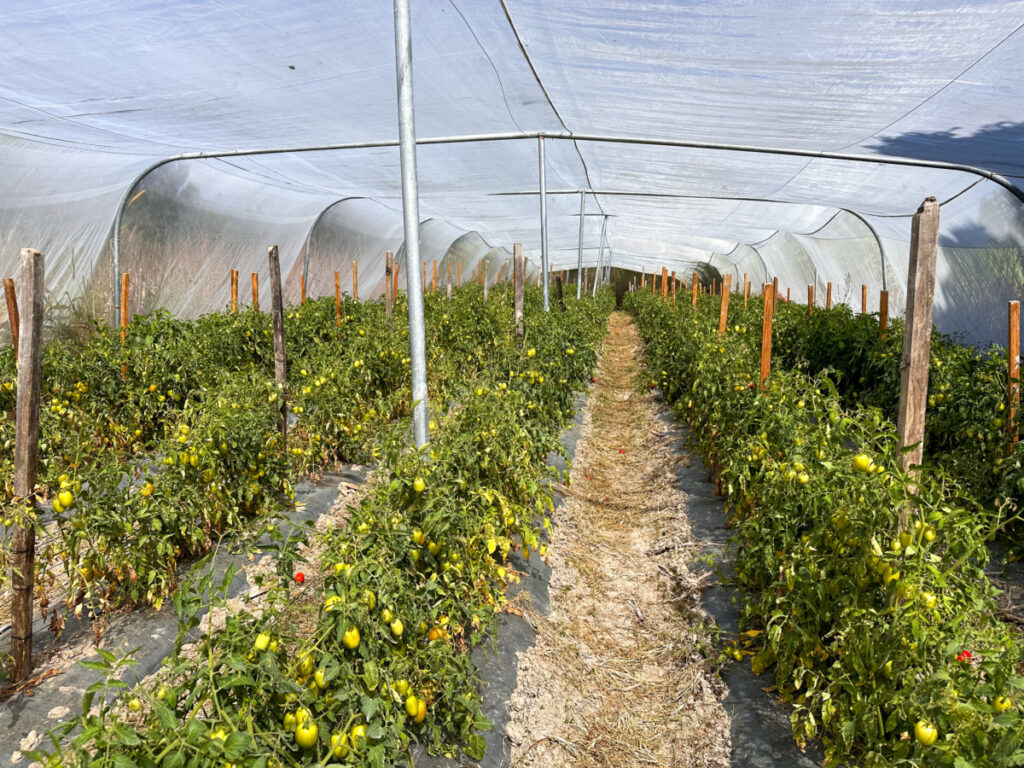
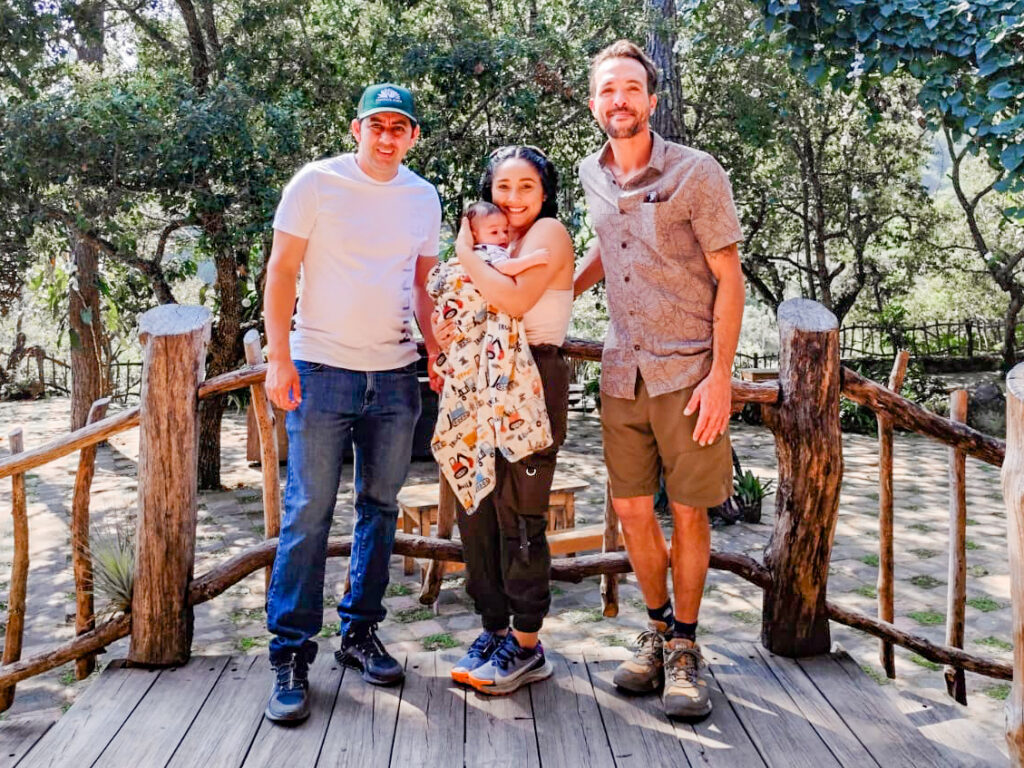
Being in Honduras and immersing deeply in this rich cultural experience taught me that the local population has a strong desire to sustain their communities and engage in meaningful work. Their perspective of the environment and local ecology is already geared towards preservation and sustaining a healthy balance. With the right insight and ideas tailored to meet the specifics needs of the community, I believe the people in Honduras can thrive in business and collaborate for shared success for many generations.
All opinions expressed by the program participants are their own and do not represent nor reflect official views from the Bureau of Educational and Cultural Affairs of the U.S. Department of State, or of the Institute for Training and Development, Inc.

